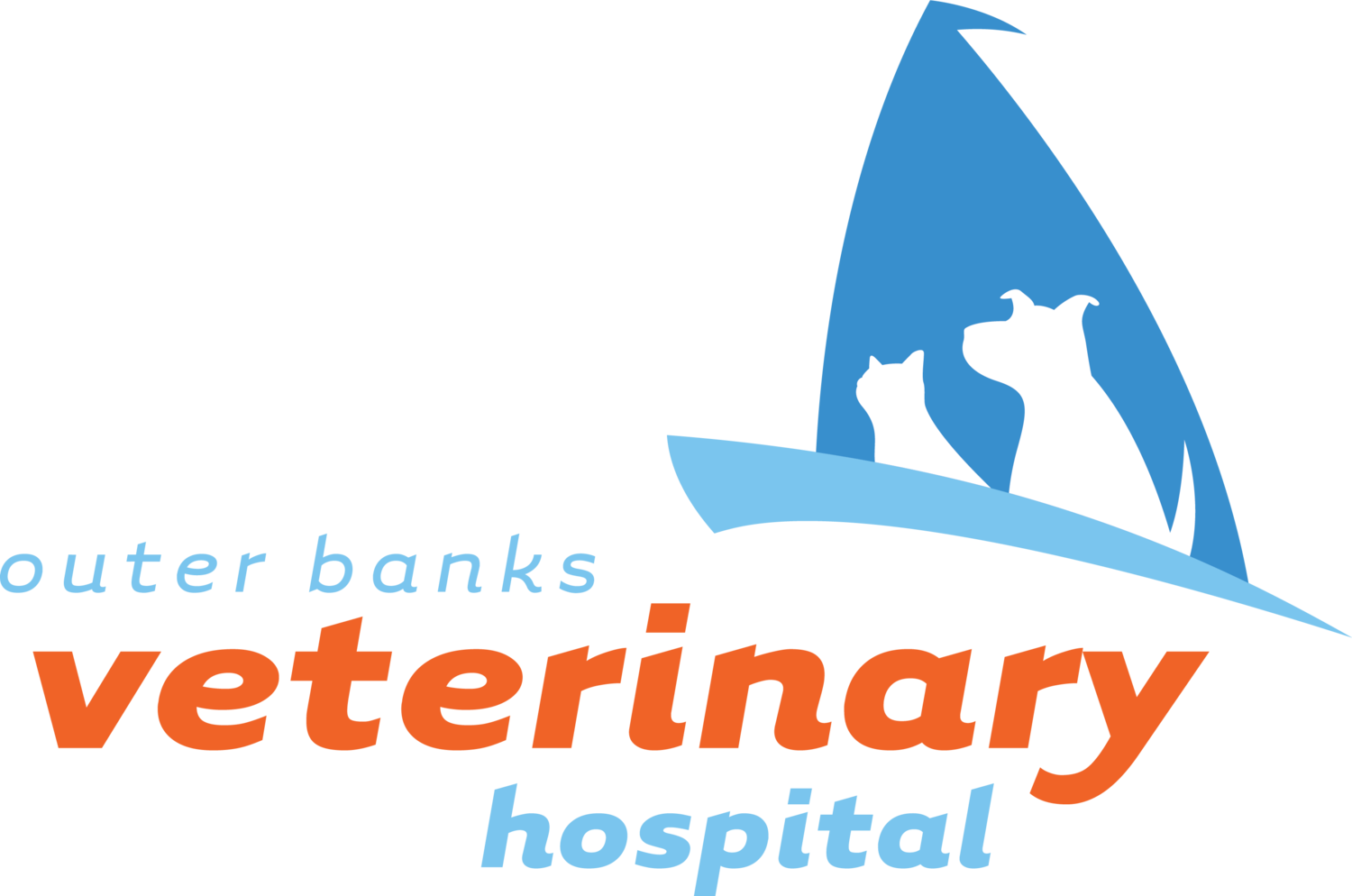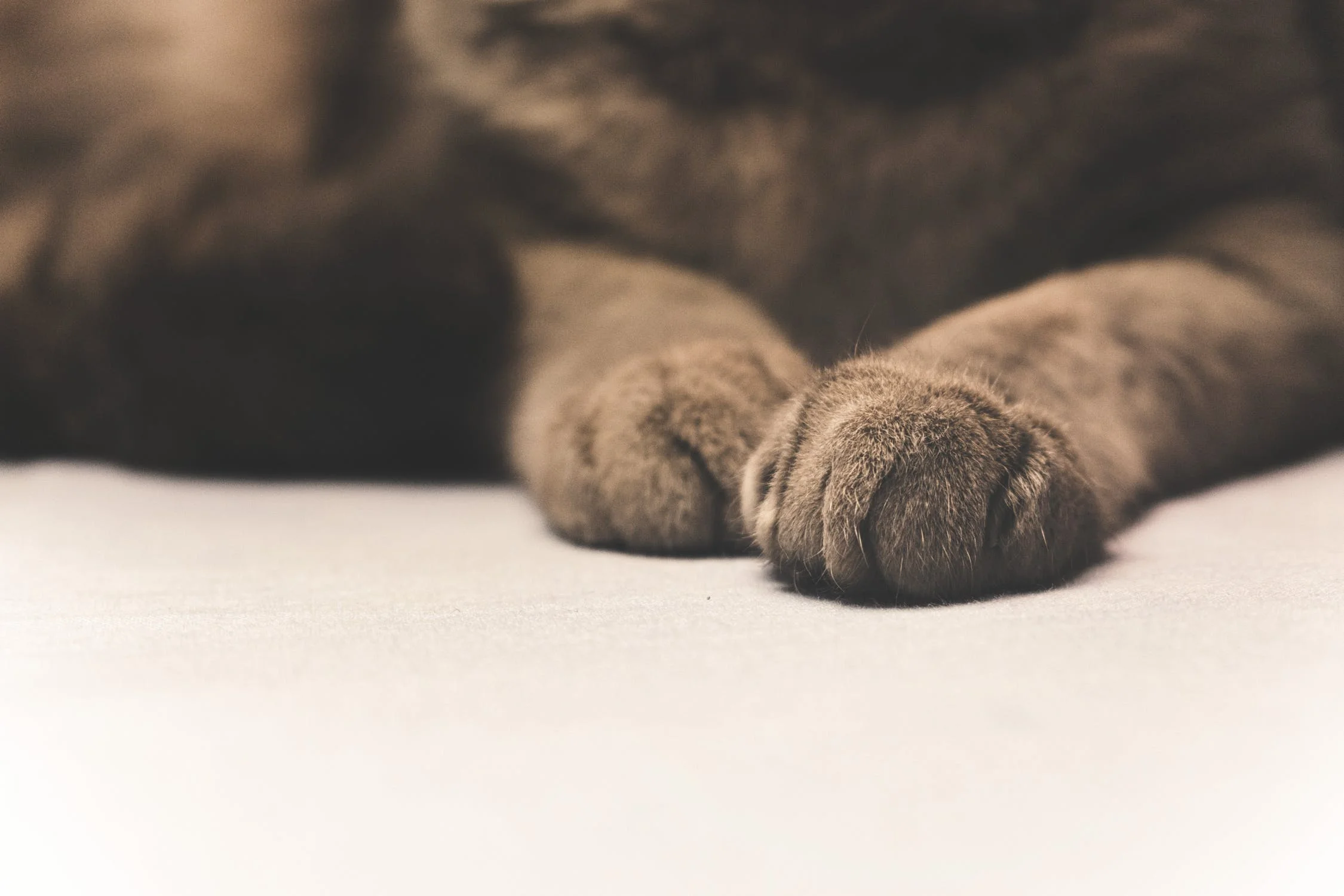INTESTINAL PARASITES: Worms
-
Roundworms are ‘spaghetti-like’ worms commonly seen in the stool of dogs and cats. They are most commonly seen in puppies and kittens as they can get them from their mother in the uterus and in the milk.
IMPORTANT POINTS:
• Roundworms can infect people (zoonotic) and can cause serious problems such as blindness, especially in children and people with compromised immunity (AIDS/people getting chemotherapy). Make sure you discard your pet’s feces in the trash and wash your hands after handling feces if you think your pet may have roundworms.
• Roundworm eggs can live a LONG time in the environment, up to decades!
• Most heartworm preventatives deworm your pet for roundworms
• The Companion Animal Parasite Council recommends that pets have a fecal parasite screening four (4) times in the first year of life and two (2) times yearly as an adult.
• To minimize exposure to children, cover all sandboxes when not being used to prevent outside cats from defecating in the box. Also, pick up all feces in areas where your children plan.
-
Hookworms are microscopic intestinal parasites that are commonly seen in pets. Although it is possible to see a hookworm, they are very small. Like roundworms, puppies and kittens commonly get them from their mom during pregnancy or lactation. Hookworms also commonly migrate into the body from the environment.
IMPORTANT POINTS:
• Hookworms can also infect people and commonly cause a rash from migrating through the skin, particularly the feet
• Hookworm infections in dogs can be severe and even cause death from anemia (loss of blood)
• Fortunately, hookworm eggs don’t live as long as roundworms in the environment
• Many heartworm preventatives also deworm pets for hookworms.
• Similar to roundworms, good sanitation of the environment and hand washing is key to prevention of infection in people.
-
Tapeworms are intestinal parasites that pets get from ingesting fleas (when grooming) or raw meat (mice, etc.). Although it is commonly thought that they cause weight loss, this is not usually the case but more commonly cause rectal irritation. They are visible to the naked eye and look like a grain of rice/orzo pasta.
IMPORTANT POINTS:
• While not impossible, tapeworms are not generally considered zoonotic.
• Good flea prevention generally means good tapeworm prevention
• Tapeworm dewormers can be relatively expensive. It is also common to need to treat multiple times to completely clear a tapeworm infection.
-
As the name suggests, heartworms are NOT intestinal parasites. They are mentioned here because we have several clients who mention seeing heartworms in the stool. You will not see heartworms in a dog’s stool, they live in the blood vessels/heart.



